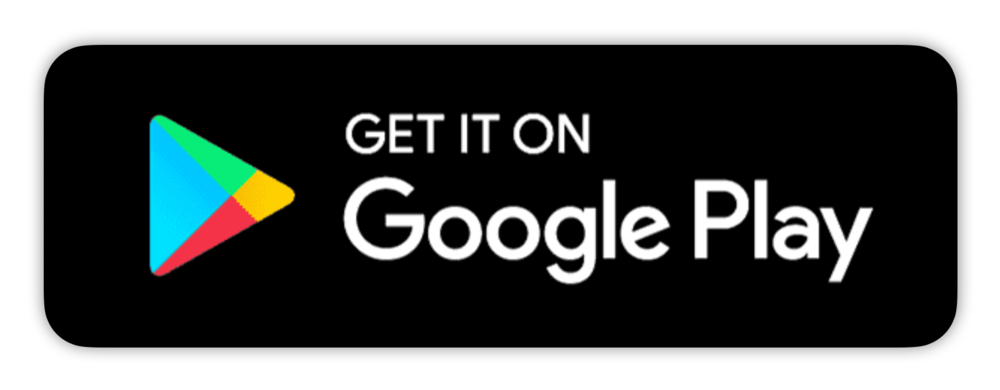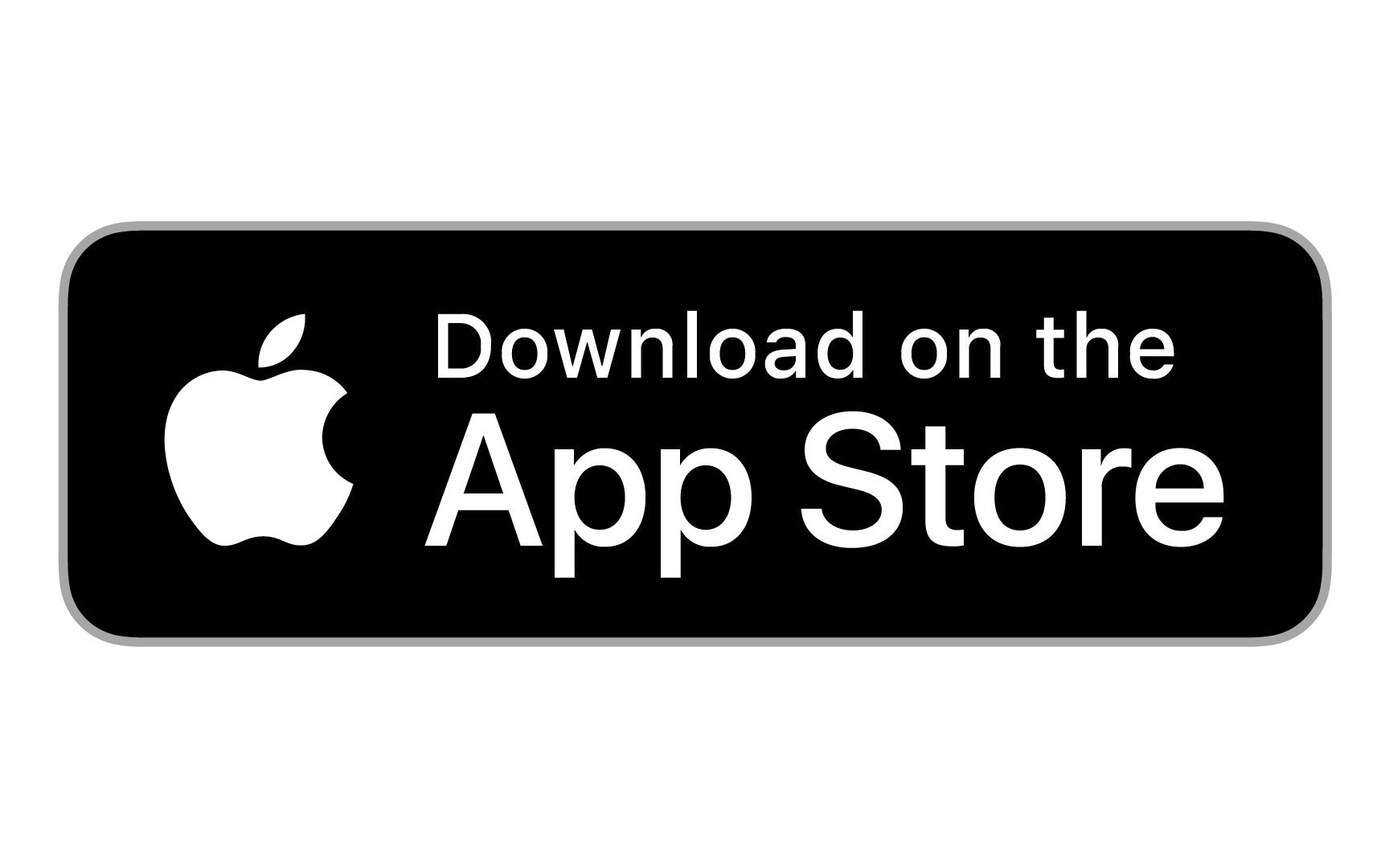
Image Source: Pxfuel
In the digitally-driven era of the 21st century, financial planning apps are becoming a cornerstone of personal finance management. According to Statista, the number of users in the Personal Finance segment is projected to reach 1,157.5 million users by 2025, with the lion’s share attributed to financial planning apps.
This trend is not surprising, given the shift towards convenience and digitization in all aspects of our lives. In an age where nearly 4.48 billion people own a smartphone, these apps have positioned themselves as a viable, accessible solution to traditional financial planning methods.
The rising popularity of financial wellness apps can be traced to their ability to simplify complex financial tasks, provide real-time access to financial data, and deliver personalized financial advice on the go. From real-time budget tracking to investing in global markets, these apps are revolutionizing how we approach personal finance.
What are Financial Planning Apps?
Financial planning apps are software applications designed to manage personal finances, helping to enhance your net worth. They provide tools for tracking income, expenses, investments, and savings. According to a report by Bankrate, 63% of smartphone users have at least one financial app installed, signaling their rising popularity.
These financial budgeting apps serve as virtual financial advisors, often incorporating features such as budgeting, real-time expense tracking, and investment advice. They empower personal wealth management by allowing users to budget and track expenses with ease and efficiency.
The Pros of Using Financial Planning Apps for Wealth Management
Convenience and Accessibility
Financial management apps bring a world of financial management to your fingertips. They’re digital, meaning you can access them 24/7 from any device with an internet connection. This accessibility eliminates the need to visit physical banks or meet in person with financial advisors, offering freedom and flexibility in managing your wealth.
- Anytime, Anywhere Access: You can use the app at any time from any device with an internet connection. This anytime, anywhere access means whether you’re at home, in the office, or traveling, your entire financial picture is just a few taps away.
- Streamlined Financial Management: From checking bank account balances to tracking investments, these apps consolidate financial tasks in one convenient platform.
Budgeting and Expense Tracking
With many budgeting apps available, a key feature of these financial management apps is their ability to track budgets and expenses. They help you manage your money by categorizing your spending, enabling you to create a monthly budget and adjust it according to your spending habits.
These money management apps also significantly enhance financial discipline, and spending habits, provide real-time updates on where your money is going, and highlight areas for potential savings.
- Budgeting Tools: Create a budget, set spending limits, track your spending, and get notified when you’re nearing or exceeding these limits.
- Expense Tracking: Monitor your daily expenses, categorize them, and visualize spending patterns to make informed financial decisions.
Investment Guidance
Many financial planning apps offer built-in advisory functions that serve as virtual financial advisors, providing valuable investment guidance. This is best for wealth management, helping you make informed decisions to grow your net worth.
- Advisory Functions: Some apps suggest diversified portfolios based on your risk tolerance and financial goals, helping you make informed investment decisions.
- Democratizing Investment Knowledge: These apps make investing accessible for all, breaking down complex financial concepts into easy-to-understand advice.
Security Features
Given the sensitive nature of financial information, security is paramount. Most apps employ robust security measures such as end-to-end encryption and multi-factor authentication.
- Robust Security Measures: Encryption, biometric access, and multi-factor authentication are just some of the measures these apps use to safeguard your data.
- Confidence Boost: With such stringent security measures, users can confidently entrust these apps with their financial information.
Financial Education
Financial literacy is the foundation of sound financial decision-making. Many apps offer resources to educate users about financial concepts, enhancing your ability to budget and track expenses effectively.
- Educational Resources: Access a wealth of information in various formats – articles, videos, webinars, and more.
- Boosting Financial Literacy: These resources aim to enhance your understanding of financial concepts, enabling you to make well-informed decisions regarding your wealth.
IV. The Cons of Using Personal Finance Apps
Privacy and Data Security Concerns
Despite robust security measures, the risk of data breaches remains a concern. Cyber attackers continually evolve their strategies, leading to potential vulnerabilities. Hence, users must be aware of these risks and be proactive in protecting their data, such as regularly updating passwords and avoiding sharing sensitive information.
Dependence on Technology
As beneficial as technology can be, over-reliance can have its downsides. Technical glitches, network issues, or even battery life can impact access to your financial data. Also, complete dependence on these apps could result in a lack of manual financial management skills, potentially causing difficulties if you need to manage your finances without these digital tools.
Limited Personalization
While these apps offer generic advice based on your input data, they may not cater to unique financial situations. The lack of personal touch that you would get from a human financial advisor could lead to gaps in your financial planning. Some complexities require personalized guidance, which these apps may not provide.
Hidden Costs
While many personal finance apps are free to download, they may include in-app purchases or premium features at an additional cost. Some also charge fees for transactions or advisory services. Users must carefully read the terms and conditions to understand all potential charges before using these apps.
The Popular and Best Budget Apps in 2023
Mint
A household name in the world of financial planning apps, Mint offers a comprehensive range of features. Mint is considered among the best financial apps available. It is best for budgeting, allowing users to create a budget, track their spending, and manage their entire financial picture in one place.
From budgeting and bill tracking to credit score monitoring, Mint serves as an all-in-one financial management platform. As of 2023, it remains a favorite among users, with over 20 million downloads worldwide.
Finaciti Financial Wellness App
An innovative addition to the financial app marketplace, Finaciti offers a unique focus on overall financial wellness. It integrates budgeting, investing, debt tracking, and educational resources to provide a holistic view of your financial health, that can help you increase your net worth. It’s especially popular among millennials and Gen Z, with a user base growing by each day.
Personal Capital
This app blends digital financial advice with human guidance. It’s one of the best for wealth management, giving a clear picture of your monthly budget and how it affects your overall financial health. Users can track spending, manage investments, and plan for retirement all in one platform. Personal Capital boasts of managing over $15 billion in assets as of 2023, showcasing its significant user trust.
You Need a Budget (YNAB)
YNAB employs a unique approach called zero-based budgeting. It’s an efficient tool to help you manage your money, making it the right budget app for those looking to have stringent control over their finances.
YNAB is a budgeting app that helps users effectively manage their income and expenses. The app assigns every dollar to a job, ensuring that all income is allocated to either expenses, savings, or investments. YNAB reports that new users save an average of $600 in their first two months.
Robinhood
A popular investment app, Robinhood simplifies the process of trading stocks, ETFs, and cryptocurrencies. With no minimum deposit to start and commission-free trades, it continues to attract new investors, with over 13 million financial accounts by 2023.
Key Considerations When Choosing a Financial Planning App for Money Management
Choosing the right financial planning app is a crucial step in effectively managing your wealth. Here are some key considerations to guide your decision:
Understanding Personal Financial Needs and Goals
Your financial needs and goals should drive your choice of a financial planning app. Here’s a simple way to analyze this:
| Financial Need/Goal | What to Look for in the App |
| Budgeting | Expense tracking, categorization, budget limits |
| Investing | Robo-advisors, various investment options |
| Debt repayment | Debt tracking, strategies for debt reduction |
| Saving for a specific goal | Savings tracking, goal-setting features |
Evaluating App Features and Their Relevance to Individual Needs
Once you’ve identified your needs, assess the features offered by various apps. Here are a few points to consider:
- Budgeting tools: Does the app categorize expenses and set budget limits?
- Investment advice: Is there an in-app robo-advisor or investment guidance?
- Security: Are there strong security features like encryption and multi-factor authentication?
- Educational resources: Does the app provide resources to enhance your financial literacy?
Checking the Security Features and Privacy Policies of the App
Your financial data’s safety is paramount. Be sure to:
- Review the app’s security features: Look for measures like data encryption, biometric access, and two-factor authentication.
- Examine the privacy policy: How does the app collect, use, and protect your data? Be sure you’re comfortable with their policy.
Reading User Reviews and Ratings
User reviews and ratings can provide insights into an app’s performance:
- Look for overall user ratings: High ratings can indicate a well-functioning app.
- Read user reviews: Are there recurring complaints about the app? Positive reviews on the features you consider most important in the app can help inform your decision.
Finaciti – One of the Best Personal Finance Apps of 2023
Leveraging technology through financial planning apps is a strategic move that can bring convenience, increase financial literacy, and guide your wealth management effectively.
Finaciti Financial Wellness App stands out as a comprehensive solution tailored to your unique financial needs. It provides an integrated platform to manage your budgeting, investing, and financial education, backed by advanced security measures to keep your data safe.
Don’t just take our word for it. Experience the Finaciti advantage firsthand by downloading the app from the Google Play Store or the App Store. Take a step towards improved financial wellness and see how Finaciti can redefine your financial journey.
Ready to explore more? Request a demo today and let Finaciti Financial Wellness guide you toward your financial goals.


